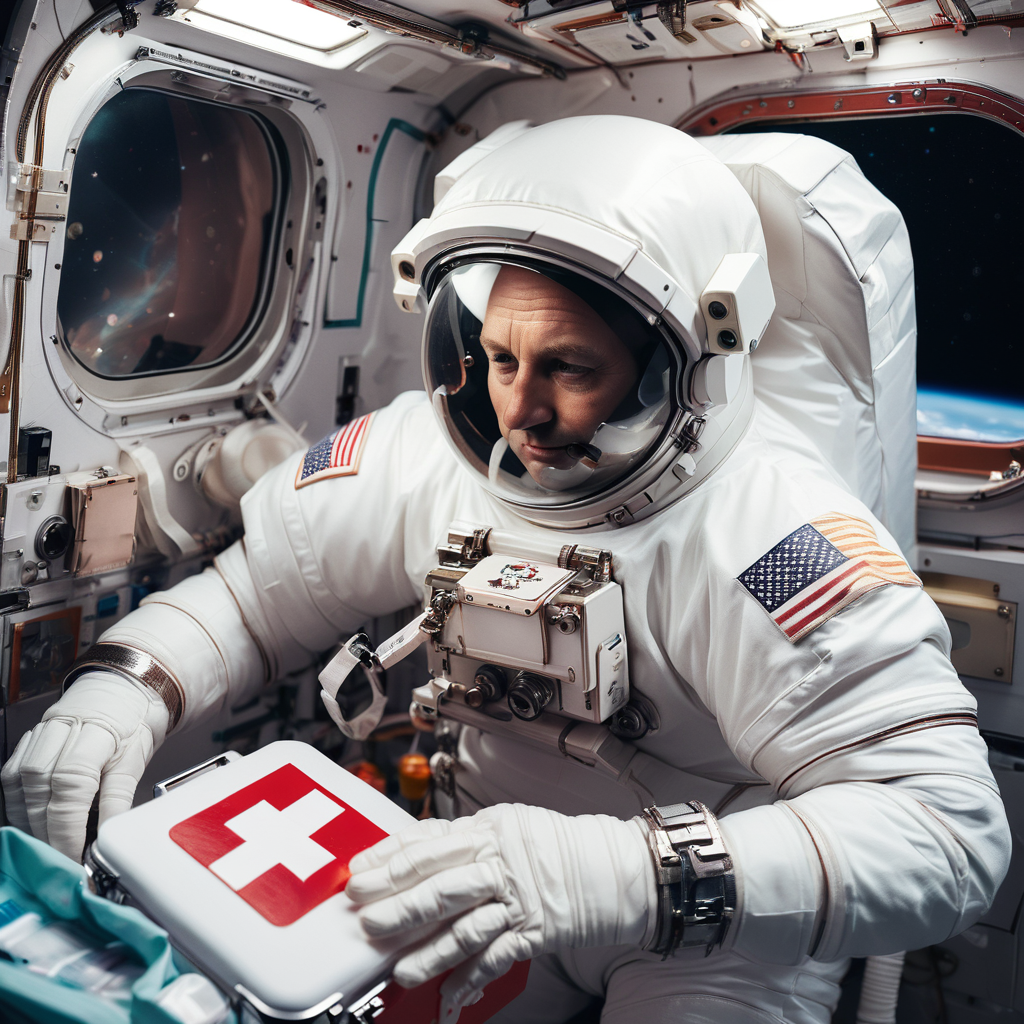Doctors don’t advise taking expired medicines because of their harm to the body. But what should you do if you find yourself on Mars, where there is no possibility of going to a pharmacy? Researchers at Duke University School of Medicine investigated this question, and the results are published in the journal npj Microgravity. The researchers concluded that more needed to be done for future space missions to keep astronauts healthy.

Many medications, particularly in liquid form like insulin and nitroglycerin, can be harmful after the expiration date. Tablets, such as ibuprofen, only lose their effectiveness. Usually the shelf life of medicines is quite long. So far, there have been no problems with medication, as it will only take a few hours to get the astronauts home if his condition worsens.
However, in future interplanetary missions, the problem with drug shelf life could be quite acute. The fact is that harsh space conditions can affect their efficiency and stability. Previous studies show that microgravity affects drugs.
“It doesn’t necessarily mean the medicines won’t work. Expired medications can become less effective,” said Daniel Buckland, assistant professor of emergency medicine and senior author of the study.
Expiration date expired
Buckland and his colleagues analyzed the list of medications on the ISS. Of the 91 drugs, 54 had expiration dates of 36 months or less. The most optimistic estimate is that about 60% of the crew’s pharmacy supplies will run out before the end of a deep space mission.
More conservative estimates suggest that virtually all of them could lose effectiveness or become dangerous. At least 14 drugs may not last two years on a long-term space mission. This includes life-saving medications, corticosteroids, local anesthetics, antibiotics and inhalers.
Because little is known about the effects of space travel on drugs, the team focuses on the inability to resupply for a mission to Mars, which will last 24-36 months.
They suggest that potential solutions for NASA and other agencies could include the development of self-sufficient pharmacy equipment for traveling to Mars.
We previously reported on how the first ever space pharmaceutical factory went into orbit.
According to popsci.com


